COVID-19 has made an enormous impact in a relatively short amount of time, and with fall in full swing, cold and flu season isn’t far behind.
So how can you keep your home safe and sanitary? The following 10 methods can reduce you and your family’s chances of illness.
1. Kick Off Your Shoes
Scientists examined people’s shoes and discovered they contain bacteria like e-coli and others that cause illness. The transfer rate from shoes to tile was 90% to 99%.
To account for this, put a shoe rack by your front door and ask your kids and guests to remove their shoes when they enter. Invest in house slippers if they object to going barefoot.
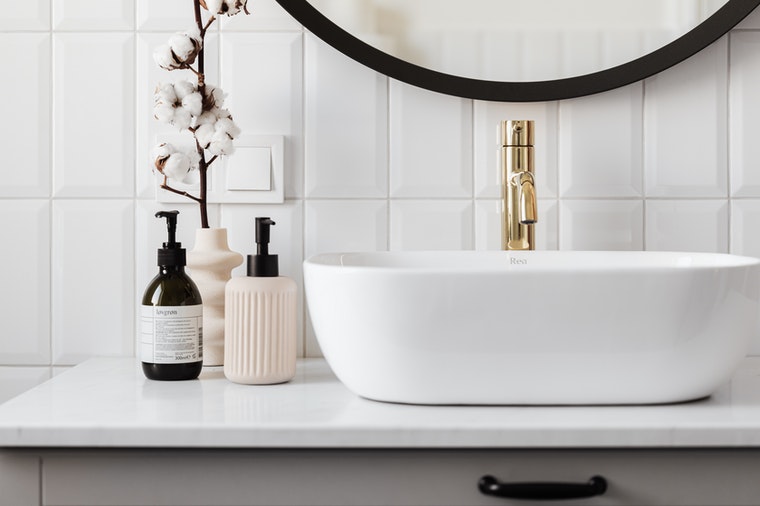
2. Sanitize Your Hands on Arrival
You know you should wash your hands upon coming inside. However, that requires soaping up the sink and getting wet. You probably don’t resist the inconvenience much, but your kids might.
Instead, why not install a hand sanitizer station near your front door? Your second chore is to make using it a routine by training your kids to use it before having a snack or after coming in from outdoor play.
3. Use EPA-Approved Cleaners
If you are a fan of using vinegar for cleaning, you should know it may not kill the virus that causes COVID-19. Make sure your cleansers meet the minimum EPA standards for destroying the novel coronavirus.
Fortunately, most of the ingredients come inexpensively. Diluted bleach works well, and you can find it at nearly any dollar or discount store.
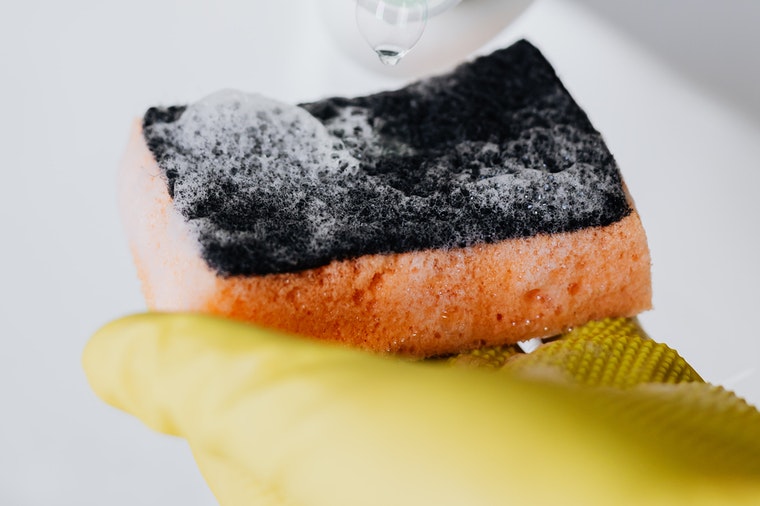
4. Pay Attention to Frequently Touched Surfaces
Think about what your hands touch daily. Your television remote and computer mouse probably see more action than, say, your blender.
Clean frequently touched surfaces often. It’s a wise idea to keep a container of disinfectant spray or cleaning wipes in living areas and train yourself and family members alike to give light switches and doorknobs more than the occasional wipe.
5. Change Your Air Filters
Did you know that your home’s filtration system should catch most of the airborne viruses entering your home? However, if your filters are filthy, you may as well try to prevent foot odor by wearing dirty gym socks.
How frequently you change your filter depends on factors like indoor smoking and the presence of pets. However, for maximum viral protection, swap these bad boys out monthly. Coordinate it with your rent or mortgage payment so you don’t forget.
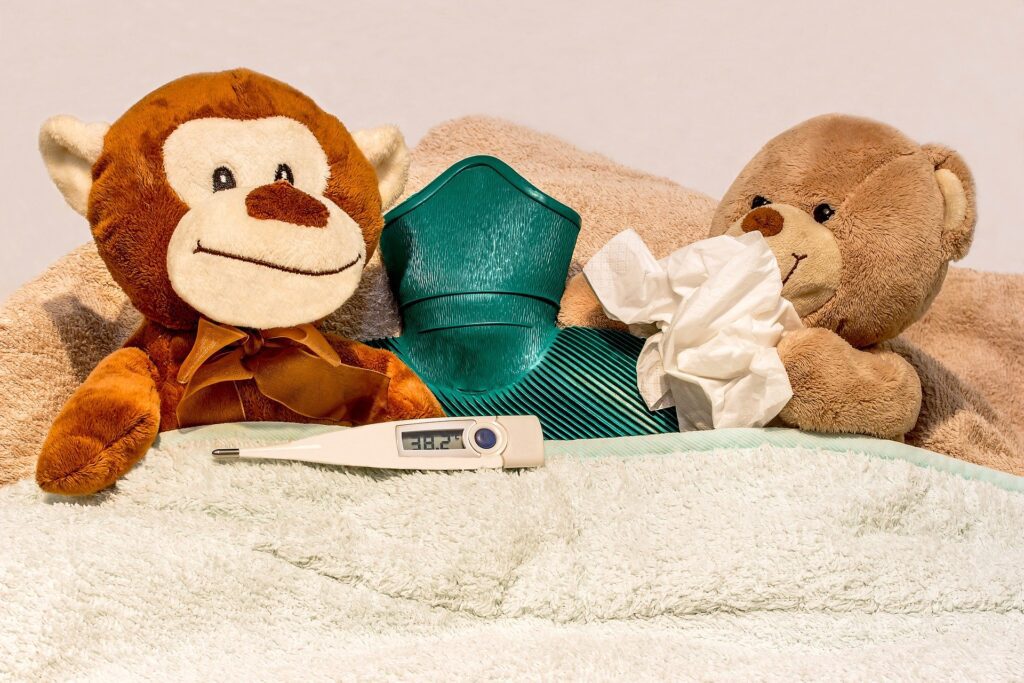
6. Use Separate Supplies for Sick Family Members
Your oldest child has a suspicious fever and cough. While they wipe down the toilet handle after use, your youngest later goes in and grabs a wipe from the same canister — and then picks their nose.
While it represents an added expense in a time when many are watching their budgets like hawks, buying separate cleaning supplies for sick family members can potentially prevent others from getting ill. Make your local dollar store your best friend.
7. Wash Dishes Promptly
Bacteria can linger for up to four days, even on clean surfaces. If you leave a pile of dirty dishes in the sink, these pathogens flourish. Any contact with them could spread those germs around your house.
Rinse your dishes immediately after eating and place them in the dishwasher. If you don’t have one of these appliances, take turns washing and drying after meals.
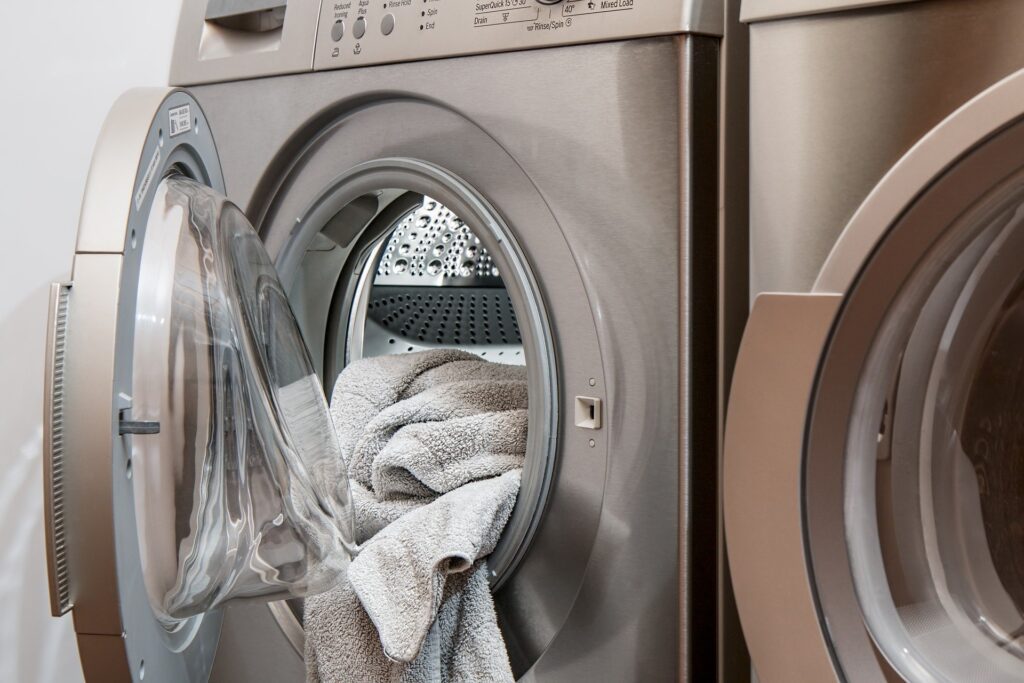
8. Use the Highest Heat Settings
The Centers for Disease Control and Prevention (CDC) recommend using the highest heat settings when doing laundry. This advice goes double if you work in an industry that exposes you to the virus.
If you typically line-dry your clothes, you might want to use your dryer. While the outdoor air does make linens smell fresher, the heat inside appliances kills more germs.
9. Vacuum More Frequently
Carpets are very porous, and they trap anything from pet dander to shoe residue within. While many experts recommend a once-a-week vacuum, do so more often during this novel coronavirus season.
Consider ripping up this floor covering and replacing it with hardwood or tile if you have the money. You can then eliminate germs after workers enter your home by mopping the floor. As a bonus, allergy sufferers will breathe more comfortably.
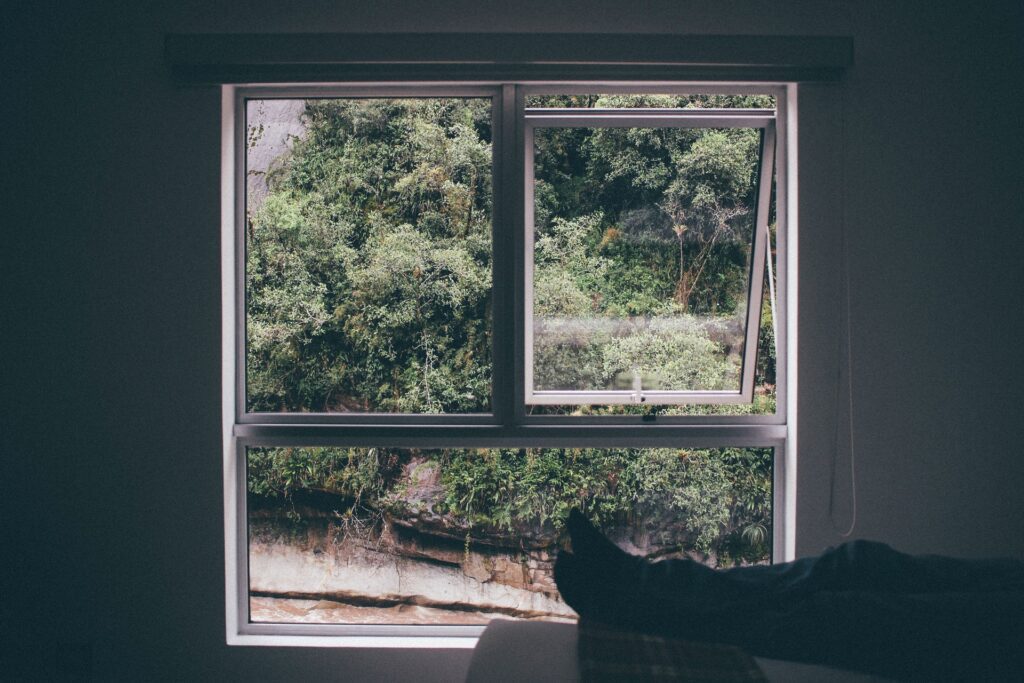
10. Open Your Windows
The most cost-effective way to improve your indoor air quality is to throw up the sash. This action allows fresh air to circulate, blowing away germs.
However, if you have seasonal allergies, you may wish to keep the windows shut. Unfortunately, the pollen can make you sneeze and feel miserable. Only you can weigh the pros versus the cons of letting the breeze blow.
Keep Your House Sanitary, and Your Family Safe
The 10 tips above can keep your house sanitary and your family protected from germs and illness. Make it through the upcoming cold and flu season with nary a sniffle by following this advice.
Article by Dylan Bartlett
Dylan is part of the Alejandra’s Life Family Team

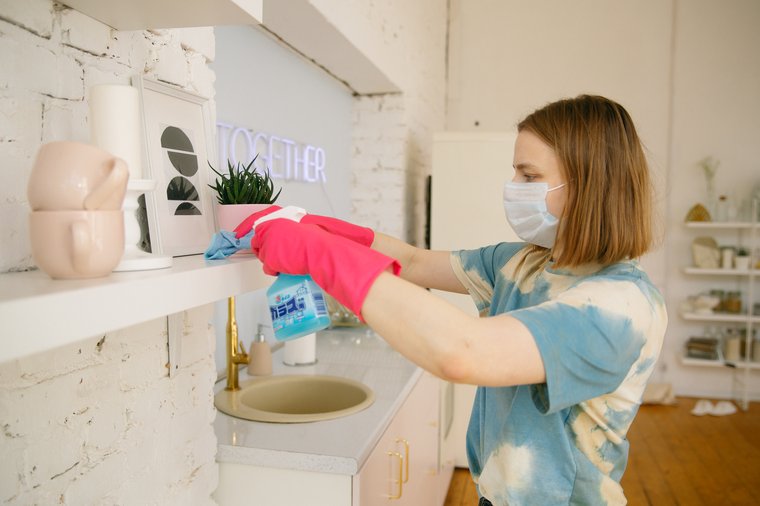
 Em Português
Em Português En Español
En Español